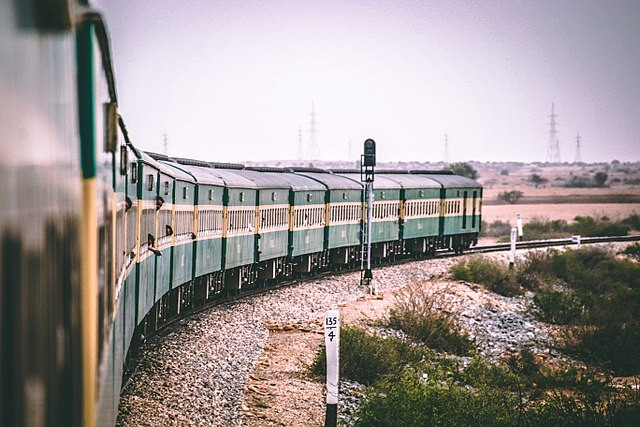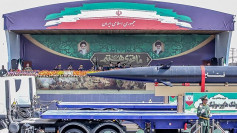Pakistani security forces continued a high-stakes operation Wednesday to rescue more than 300 hostages held by separatist militants after a passenger train was hijacked in Balochistan province. The Baloch Liberation Army (BLA), the insurgent group behind the attack, claimed responsibility and demanded a prisoner swap, while authorities reported dozens of militant casualties in the ongoing battle.
The Jaffar Express, carrying about 450 passengers, was traveling through a tunnel in the mountainous Bolan district when militants blew up railway tracks and attacked the train. Pakistani military officials said security forces launched a land and air offensive, killing at least 30 militants as the operation entered its second day. By Wednesday, about 190 people had been rescued, but officials confirmed that more than 130 hostages remained in captivity.
Government officials described a chaotic and dangerous standoff, with BLA militants reportedly using suicide bombers wearing explosive vests to deter security forces. "The terrorists are using innocent people as human shields," an official told Radio Pakistan. Attempts to storm the train overnight were repelled, leading to further skirmishes between security personnel and the insurgents.
A survivor, Yousaf Bashir, recounted the terrifying ordeal, describing how passengers were forced off the train at gunpoint. "There was a huge blast. Everyone was scared and people were screaming and crying loudly. We laid down during the blasts," Bashir said. He and his family were eventually released but had to walk for more than seven hours through rugged terrain to reach safety.
The BLA issued a statement describing the attack as a response to "Pakistan's decades-long colonial occupation of Balochistan and the relentless war crimes committed against the Baloch people." The group claimed to be holding 200 hostages, though the number could not be independently verified. The insurgents also reiterated their demand for the release of Baloch political prisoners, but the Pakistani government has not publicly responded to the offer.
Security analysts said the train hijacking marked a significant escalation in the BLA's tactics. "This attack shows the situation in Balochistan has become very challenging for the military. They have failed to contain the insurgency, and militants are recruiting large numbers to carry out such attacks," said Zahid Hussain, a Pakistani security expert.
The BLA, which has waged a decades-long insurgency for Baloch independence, has targeted security forces in the past but has also attacked civilians, including Chinese nationals working on China-Pakistan Economic Corridor (CPEC) infrastructure projects. Chinese foreign ministry spokeswoman Mao Ning condemned the attack, stating that China "will continue to firmly support Pakistan in advancing its counter-terrorism efforts."
Pakistani security officials said the train attack was the first large-scale hijacking of its kind in the country's history. The train had been en route from Quetta, the provincial capital, to Peshawar when it was ambushed. Authorities confirmed that some security personnel onboard were killed in the attack, but an official death toll has not been released.
Rescued passengers were taken to hospitals in Mach district and later transported to Quetta, about 100 kilometers (62 miles) from the attack site. The military has increased aerial surveillance of the region, with helicopters supporting the ground operation to flush out the militants.
Balochistan, which borders Iran and Afghanistan, has long been a stronghold for separatist movements demanding greater autonomy and control over the region's vast natural resources. Insurgencies on both sides of the Pakistan-Iran border have led to tensions between the two countries, culminating in a tit-for-tat airstrike exchange in January.





